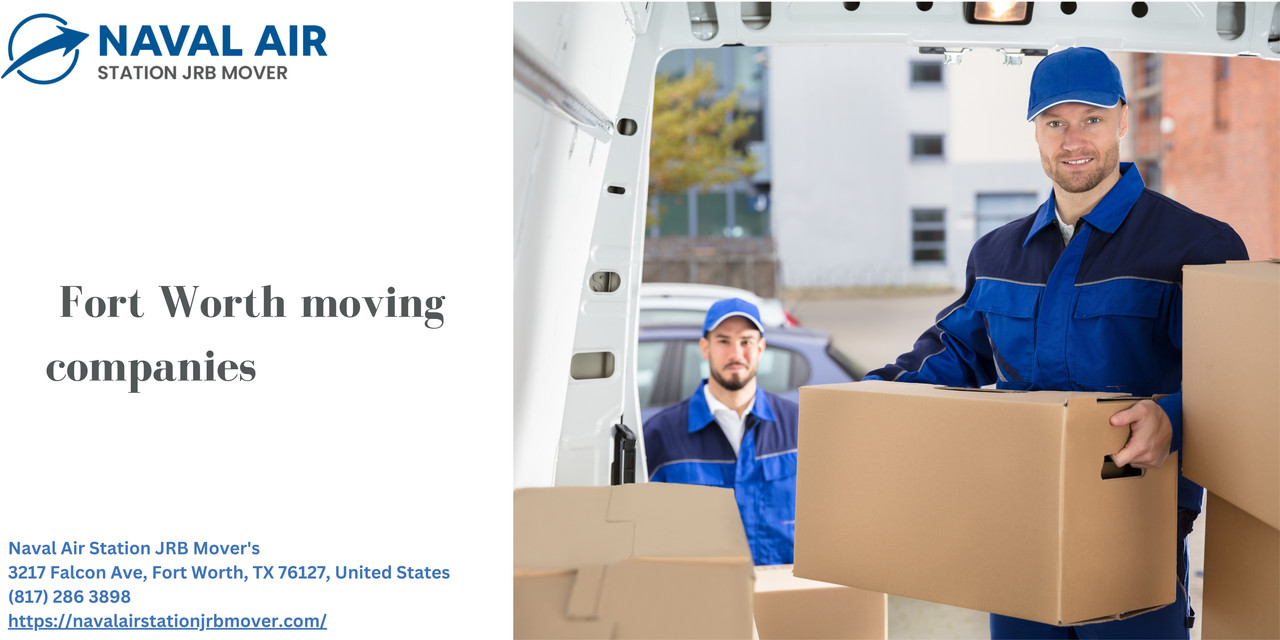Introduction
Moving an office can be a daunting task, especially in a bustling city like Fort Worth. If you're planning an office relocation, you want to ensure that everything goes smoothly to minimize downtime and maximize efficiency. After all, time is money, and disruptions can lead to significant losses. This article will explore key strategies for Fort Worth office moving, providing insights tailored specifically for businesses in the area. By following these strategies, you can make your move as seamless as possible.
Fort Worth Office Moving: Key Strategies to Minimize Downtime and Maximize Efficiency
When it comes to Fort Worth office moving, understanding the logistics is crucial. A well-structured plan can significantly reduce interruptions in your workflow. Here are some key strategies:
1. Create a Detailed Moving Plan
A detailed moving plan serves as your roadmap throughout the process. It should include timelines, responsibilities, and a checklist of tasks needed for the move.
1.1 Define Your Timeline
Setting clear deadlines helps keep everyone accountable. Break down tasks by week leading up to the move.
1.2 Assign Responsibilities
Identify who will be responsible for specific tasks—this includes IT setups, packing, and liaising with moving companies.
2. Communication is Key
Effective communication among team members makes the entire moving process smoother.
2.1 Regular Updates
Hold regular meetings leading up to the move to discuss progress and address any challenges that arise.
2.2 Use Technology for Coordination
Utilize project management tools or apps that help track progress and assign tasks easily.
3. Evaluate Your Current Space Needs
Before moving, assess whether your new space meets your current needs.
3.1 Consider Growth Potential
Choose a space that allows room for future expansion without compromising on efficiency.
3.2 Assess Infrastructure Requirements
Ensure that the building supports your technological needs—like internet speed or electrical setups.
4. Inventory Assessment
Conducting an inventory assessment is vital for deciding what equipment and furniture should be moved or replaced.
4.1 Categorize Your Items
Create categories such as essential equipment, non-essential items, and obsolete materials that should be discarded.
4.2 Use Inventory Management Software
This can streamline the process of tracking items during the move.
5. Hire Professional Movers in Fort Worth
Choosing reliable movers can drastically simplify your relocation experience.
5.1 Research Local Movers
Look for established long-distance movers in Fort Worth with positive reviews and solid reputations.
5.2 Get Multiple Quotes
Don’t settle for the first quote; compare prices from various office moving companies in Fort Worth to find the best deal without compromising quality.
6. Prepare Your Staff for Transition
Your employees will play a significant role in making the transition smooth.
6.1 Provide Training if Needed
If new technologies or processes will be implemented post-move, offer training sessions beforehand to ensure everyone is on board.
6.2 Encourage Open Feedback Channels
Make sure employees feel comfortable voicing concerns about changes resulting from the move.
7. Organize Packing Efficiently
Packing effectively can save vast amounts of time when setting up at your new location.
7.1 Label Everything Clearly
Use color-coded labels for different departments or types of items—this simplifies unpacking later on!
7.2 Use Quality Packing Materials
Invest in sturdy boxes and packing materials to protect valuable equipment during transit.
8. Plan Your New Office Layout Ahead of Time
Creating a layout before arrival ensures efficient setup upon reaching your new space.
8.1 Involve Employees in Layout Decisions
Gather input from staff regarding their workspace preferences—this enhances productivity post-move!
9. IT Setup Considerations
Your IT infrastructure is critical; planning its setup ahead of time minimizes disruption.
9.1 Coordinate with IT Professionals
Engage IT specialists early—ensure they’re ready for installation at your new premises on moving day.
10. Communicate Change with Clients
Keeping clients informed about your relocation fosters trust during this transitional period.
10.1 Send Out Notifications
Send emails or newsletters detailing changes well before the move date.
FAQs About Fort Worth Office Moving
Q: How far ahead should I start planning an office move?
A: Ideally, start planning at least three months before the actual move date so you have ample time for preparation.
Q: What’s included in hiring professional movers?
A: Most professional movers handle packing, loading, transporting, unloading, Best Fort Worth movers and sometimes even unpacking at your new location.
Q: How do I choose between local and long-distance movers?
A: Assess how far you’re relocating; local movers are ideal within city limits while long-distance movers Fort Worth are best suited for moves beyond those boundaries.
Q: Can I pack my own items?
A: Yes! However, professional packing services often ensure better protection against damage during transport.
Q: What should I do with unnecessary items?
A: Consider donating them or holding a garage sale prior to moving day!
Q: How do I handle sensitive documents securely?
A: Use locked filing cabinets or invest in secure document storage solutions during transit to safeguard important information.
Conclusion
Moving an office doesn't have to be overwhelming if approached strategically! By implementing these key strategies—such as creating a detailed plan, hiring experienced Fort Worth commercial movers, assessing needs accurately—you can minimize downtime while maximizing efficiency during this critical transition phase! Whether you're looking into long-distance movers in Fort Worth or local options tailored specifically for commercial relocations; remember that thorough preparation leads ultimately towards successful outcomes!

Contact Us
Naval Air Station JRB Mover's
3217 Falcon Ave,Fort Worth, TX 76127,United States
Phone: (817) 286 3898